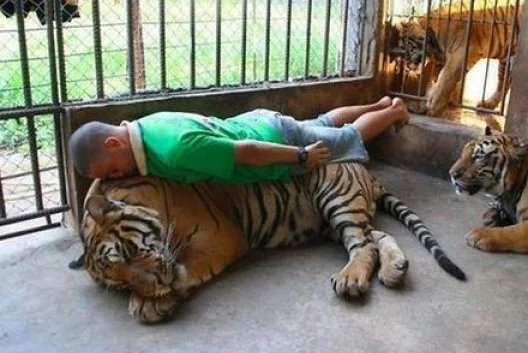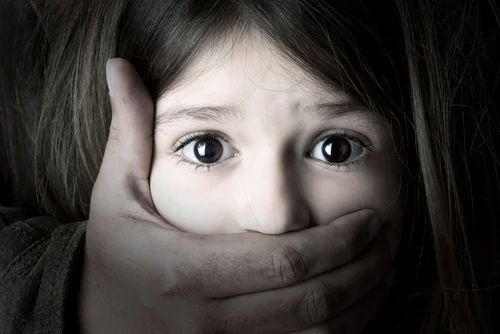+1 845 259 2974 (11 a.m to 7 p.m CST)
Pain is not always obvious: Recognize signs to prevent teen suicide

Teens walk the fine line between childhood and adulthood often stumbling back and forth. Many of them find it easy to regain balance and survive this age while others succumb to the pressures. For youth between the ages of 10 and 24, suicide is the third leading cause of death in the US. Suicide among teenagers is becoming frequent. As teenage suicide rates become alarmingly high, it’s fair to ask the questions like why here in America? Why couldn’t anyone do anything?
Psychologists have cut out profiles for teenagers who commit suicide. But as every suicide case is different, so are their warning signs and aftermath. 45% of teen suicides involve firearms while 8% of them are committed by suffocation. 16% of teens poison themselves to death.
Recognizing teen suicide warning signs
Teens contemplating suicide rarely ask for help but that doesn’t mean it is not wanted. Many suicidal teens don’t want to die. They just want themselves to stop hurting and that leads to teens giving up on life and committing suicide. Suicide prevention starts with recognizing the warning signs.
When a young person commits suicide, parents, siblings, classmates, coaches, and neighbors might be left wondering if they could have done something to prevent that young person from turning to suicide. Let’s examine some suicide warning signs in teenagers that you can watch out for:
- Talking about death: Any drastic statements or talk about death like ‘I wish I hadn’t been born’ or ‘I’d be better off dead’.
- Seeking out lethal means: Looking for guns, knives, pills and other things that can be used in a suicide attempt.
- Preoccupation with death: Unusually frequent mention of death. Focus on poetry, songs or stories about death.
- No hope for the future: Being helpless, hopeless, feeling trapped. Feeling no hope about the situation getting better.
- Self-hatred: Feeling like an extra or a burden.
- Getting affairs in order: Making arrangements for family members.
- Giving away prized possessions: Giving things that they deem precious to friends and family.
- Saying goodbye: Sudden or unusual calls or visits to friends and family and talking like they won’t be seen around again.
- Withdrawing from everyone else: Frequent social isolation. Refusal to meet friends or family. Desire to be left alone.
- Self-destructive behavior: Taking unnecessary risks like alcohol or drug abuse, reckless driving, unsafe sex etc.
- Sudden sense of calm: An unusual and sudden sense of calm after severe depression means that the teen has made his decision to call it quits.
























